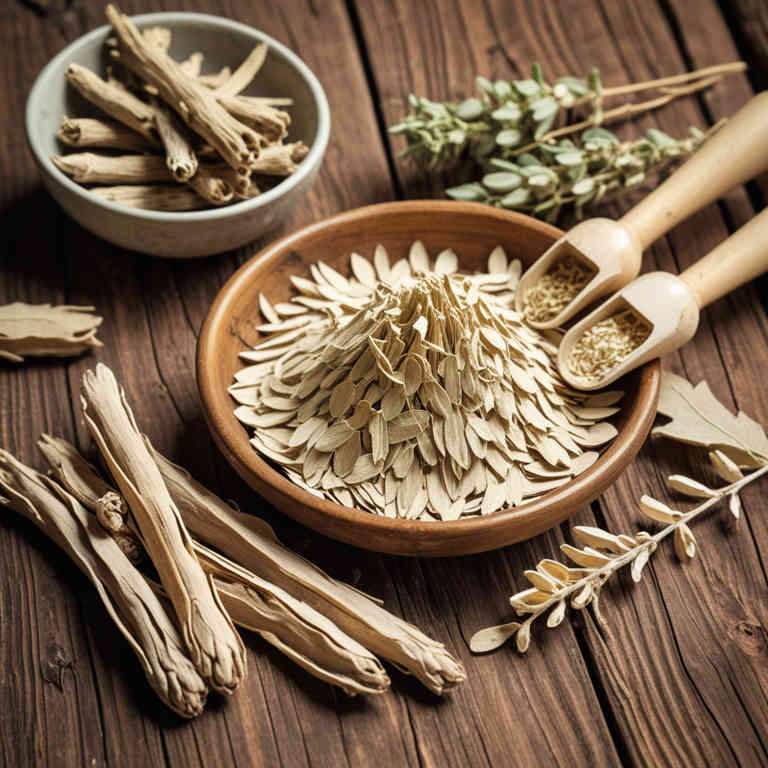Astragalus membranaceus decoction for medicinal use

Astragalus membranaceus decoction is a traditional herbal preparation made by boiling the roots of the Astragalus membranaceus plant, commonly known as huang qi in Chinese medicine.
This decoction is widely used in herbalism to support immune function and enhance vitality. It is believed to help strengthen the body's defenses, making it beneficial for individuals with chronic fatigue or weakened immune systems. In traditional Chinese medicine, it is often combined with other herbs to treat respiratory conditions and promote overall wellness.
The decoction is valued for its adaptogenic properties, which help the body resist stress and maintain balance.
Uses
Astragalus membranaceus decoction has been used to support immune function and promote vitality in traditional Chinese medicine for thousands of years.
Historically, it was valued for its ability to enhance the body's defenses and was often prescribed to those recovering from illness or illness prevention. In traditional use, it was also believed to help with conditions such as fatigue, respiratory infections, and digestive issues. Modern research suggests it may have immunomodulatory properties and is sometimes used in complementary therapies for cancer support and chronic disease management.
Today, it remains a popular herbal preparation in both traditional and integrative medical practices.
Benefits
Astragalus membranaceus decoction has health benefits such as boosting the immune system, enhancing vitality, and supporting respiratory health.
It is traditionally used in Chinese medicine to strengthen the body's defenses and promote longevity. The decoction is believed to have anti-inflammatory and antioxidant properties that may help in managing chronic conditions. It is often used to support individuals with weakened immunity or those recovering from illness.
However, it should be used under the guidance of a qualified practitioner to ensure safety and effectiveness.
Constituents
Astragalus membranaceus decoction active constituents include polysaccharides, flavonoids, saponins, and amino acids.
These compounds are believed to contribute to the plant's immunomodulatory and anti-inflammatory properties. Polysaccharides are particularly noted for their ability to enhance immune function by stimulating the production of white blood cells. Flavonoids provide antioxidant benefits, helping to neutralize free radicals in the body.
Saponins and amino acids may support overall cellular health and metabolic processes.
Preparation
To make Astragalus membranaceus decoction, start by washing 15-30 grams of dried Astragalus root under running water.
Place the root in a pot and add about 2 liters of water, then bring the mixture to a boil. Reduce the heat and let it simmer for 20-30 minutes to extract the active compounds. Strain the liquid through a fine mesh strainer or cheesecloth to remove the plant material.
Allow the decoction to cool before storing it in a sealed container in the refrigerator for up to one week.
Side Effects
Astragalus membranaceus decoction may lead to gastrointestinal discomfort, including nausea, vomiting, and diarrhea, particularly when consumed in high doses or by individuals with sensitive stomachs.
It can also cause allergic reactions in some people, manifesting as skin rashes, itching, or more severe symptoms like anaphylaxis. Long-term use may interfere with immune system function, potentially leading to overactive immune responses or autoimmune complications. Additionally, it may interact with certain medications, such as immunosuppressants or anticoagulants, increasing the risk of adverse effects.
It is important to consult a healthcare professional before using this preparation, especially for individuals with pre-existing medical conditions.